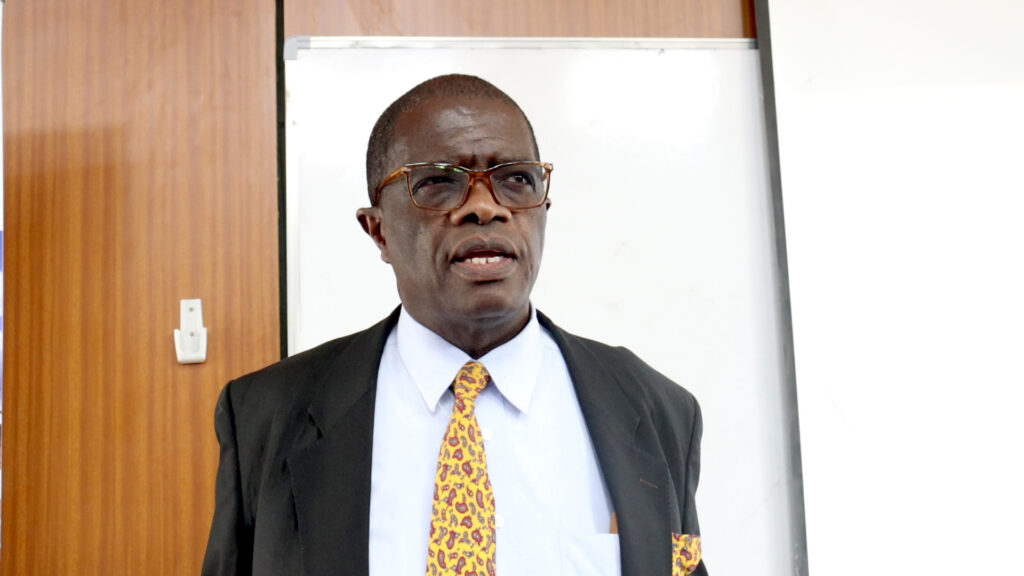MALAWI: Legal Expert Calls for Honesty on Judicial Review Application

Luke Bisani
One of the legal experts in Malawi, David Bandawe, has called on lawyers in the country to be honest with their clients when they seek judicial review in various matters.
Speaking during his research paper seminar held at the Catholic University of Malawi, Bandawe disclosed that some lawyers fail to advise their clients properly when they seek judicial review through the country’s high courts, resulting in the dismissal of the cases with costs.
“It is one of the requirements for lawyers that they must effectively advise their clients correctly, but the paper highlighted the fact that some of the issues that are brought forth for judicial review are dismissed, and a critical look at the decisions that are dismissed shows that maybe the lawyers did not do their homework to advise their clients,” said Bandawe.
He added that some decisions by clients to seek judicial review lack basis, hence calling on the lawyers to be cautious in such cases.
The expert further urged clients to understand the law and desist from pushing lawyers to proceed with the application of judicial reviews on matters that do not qualify for court to avoid costs when such cases are handled out of court.
In his paper, Judicial Review of Administrative Action in Malawi: A Critical Analysis of the Role of Judicial Review in Promoting Constitutionalism, Bandawe has advised lawyers not to replace their honesty with money that clients pay.
The paper has cited a number of cases that were dismissed due to a lack of basis, including a case that Democratic Progressive Party (DPP) Mangochi South West Member of Parliament (MP) Shadric Namalomba filed against Leader of Opposition in Parliament Kondwani Nankhumwa.
The paper has also cited cases that were valid for judicial review and in which the courts ruled in favour of the clients due to the strong basis for the decision.
Judicial review is a process under which executive, legislative, and administrative actions are subject to review by the judiciary to determine whether such actions are consistent with the constitution.


